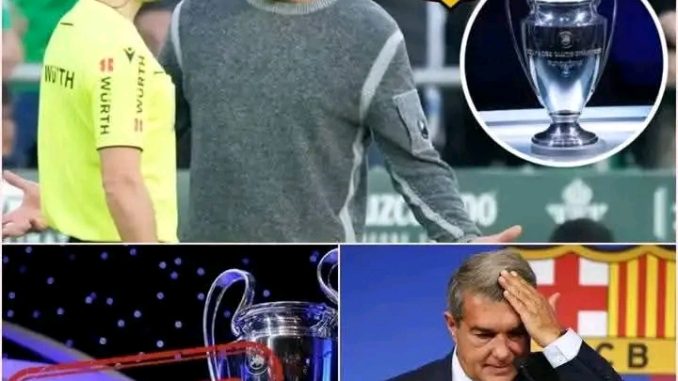
Arsenal Tivat has become the most recent club to face UEFA’s relentless disciplinary measures, after being found guilty of manipulating a match.
The Montenegrin team has been hit with a decade-long suspension from all European competitions in addition to a €500,000 fine.
The ruling comes after UEFA’s probe into the club’s qualifying clash with Alashkert FC in July 2023.
Many observers believe this to be one of the strictest punishments ever imposed in European football history.
UEFA’s stance is far from new. In fact, some of Europe’s biggest names have previously suffered similar fates.
Juventus, for example, were excluded from all European tournaments for the 2023/24 campaign after breaching Financial Fair Play rules over a prolonged seven-year period.
The Italian giants’ suspension served as a strong warning that mismanagement off the field will be punished just as harshly as corruption on it.
Turkey has witnessed its share of high-profile disciplinary actions as well. Back in 2013, both Fenerbahçe and Besiktas were banned due to their involvement in match-fixing.
Besiktas received a one-year suspension, while Fenerbahçe endured a three-year exclusion.
Despite both clubs appealing to the Court of Arbitration for Sport, the verdicts were upheld, reinforcing UEFA’s determination to preserve fairness and integrity in the game.
In another significant case, North Macedonia’s FK Pobeda faced one of UEFA’s most severe sanctions.
In 2009, the club was excluded from European competitions for eight years due to corruption, and its president, Aleksandar Zabrcanec, was banned for life.
The decision, later confirmed by CAS, showcased UEFA’s absolute zero-tolerance approach to corruption.
Looking further back, history shows just how drastic UEFA can be when protecting football.
After the Heysel Stadium disaster in 1985, in which 39 people tragically lost their lives during the European Cup final between Juventus and Liverpool, UEFA banned all English clubs from European tournaments for five years, with Liverpool enduring an additional year.
The ruling reshaped the landscape of English football for nearly a decade.
Although smaller clubs such as Arsenal Tivat often face devastating economic and developmental consequences from such sanctions, even global giants are not immune.
Growing speculation suggests that Barcelona could eventually face scrutiny over financial management, though no official proceedings have yet been initiated.
Ultimately, UEFA’s message is clear: participation in the Champions League and Europa League demands strict adherence to integrity, transparency, and compliance.
As the 2025/26 campaign approaches, the governing body’s firm stance continues to echo—no team, regardless of its stature or legacy, is beyond accountability.
Leave a Reply